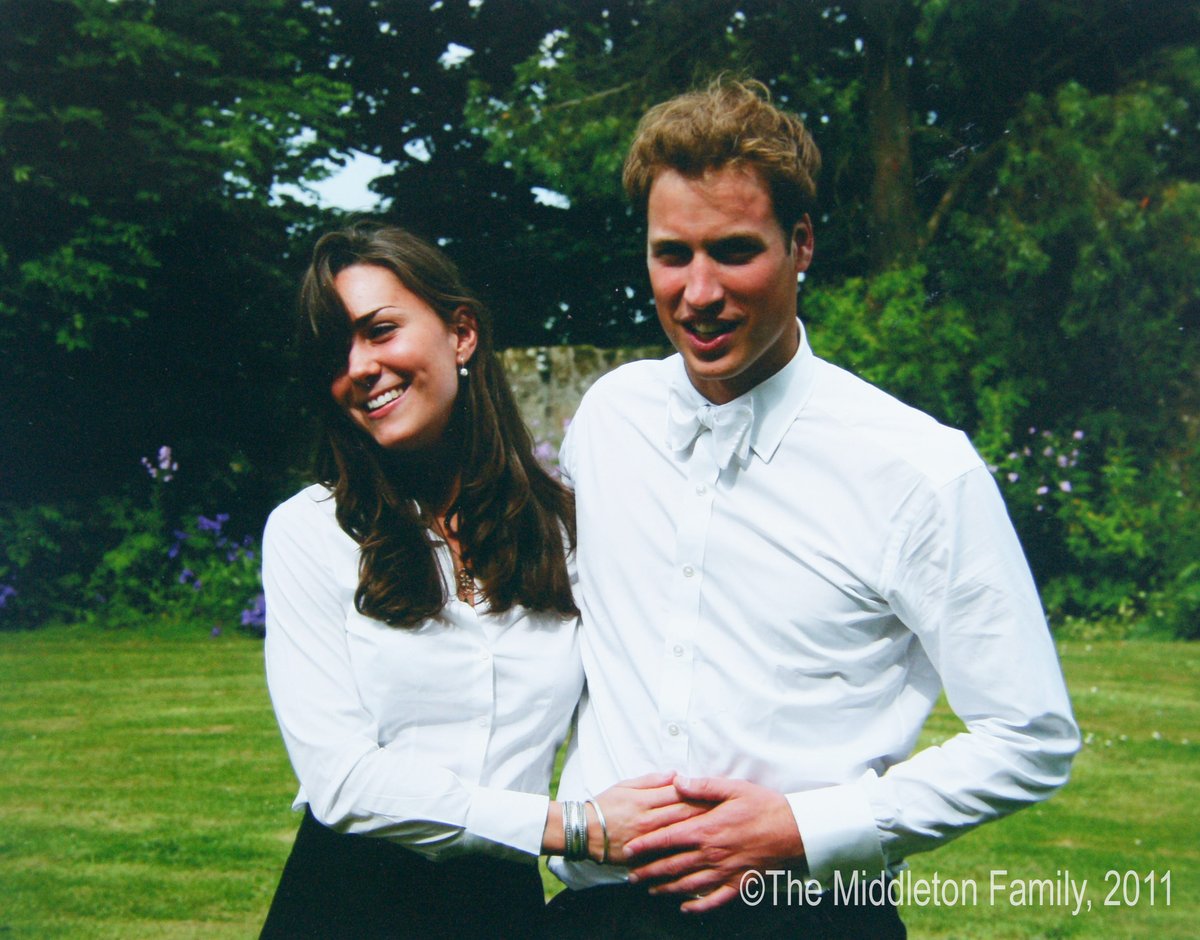Like her previous two pregnancies, Duchess of Cambridge, Catherine is suffering from Hyperemesis Gravidarum. It’s more commonly referred to, especially by the media this week who have become obsessed with what Kate is going through, as “acute morning sickness”.
Acute morning sickness? Pfft.
Hyperemesis Gravidarum is HELL.
A week or so before your period is due, waves of nausea interrupt your day, and one evening you start to vomit. By the time you do your pregnancy test, you are vomiting a couple of times a day – you know you must be pregnant before that little blue line tells you.
But instead of being a joyful celebration of a much longed-for baby, the moment is fraught with fear about how you’ll cope with this level of nausea and vomiting for the predicted 12 weeks. Little do you know Hyperemesis Gravidarum bypasses this magic number completely, often lasting for at least half the pregnancy, sometimes the whole nine months.
You start being kept awake at night with nausea – no position you lay in will ease it, even rolling ever-so gently causes you to vomit and the only thing you can do is cry. This is not “morning”, it is the middle of the night… morning is much worse. You try and get out of bed and carry on with your life as normal, but it causes violent vomiting, time and time again. After vomiting for the seventh time in an hour you start counting, in both disbelief and deep fear.
After a week, you find this devastating nausea never leaves, and the incessant vomiting is going on all day and sporadically throughout the night. You are crippled with sickness, rendered bedridden 24 hours a day. You’re desperately worried about your baby, because you have not been able to eat a morsel of food, and the thought of putting some liquid down your throat brings on a swell of nausea and more vomiting. Yet you’re so thirsty – you’re hot, you feel dry and arid inside, and all you want to do is gulp great glassfuls of some sort of liquid. You shiver as if with a fever, but it’s your body responding to dehydration.









Top Comments
Accurate account 😒
My HG started at 4 weeks 2 days so I had 2 days to enjoy my pregnancy before hell started. Now at 13 weeks and it has not relented (possibly has worsened). It's depressing and frustrating. Luckily I have avoided hospitalisation as im a Pharmacist and my best friend is a Doctor so we got medication and hydration under control early. It's just horrible and I am struggling to look after my 2 year old. It's comforting to read other stories.